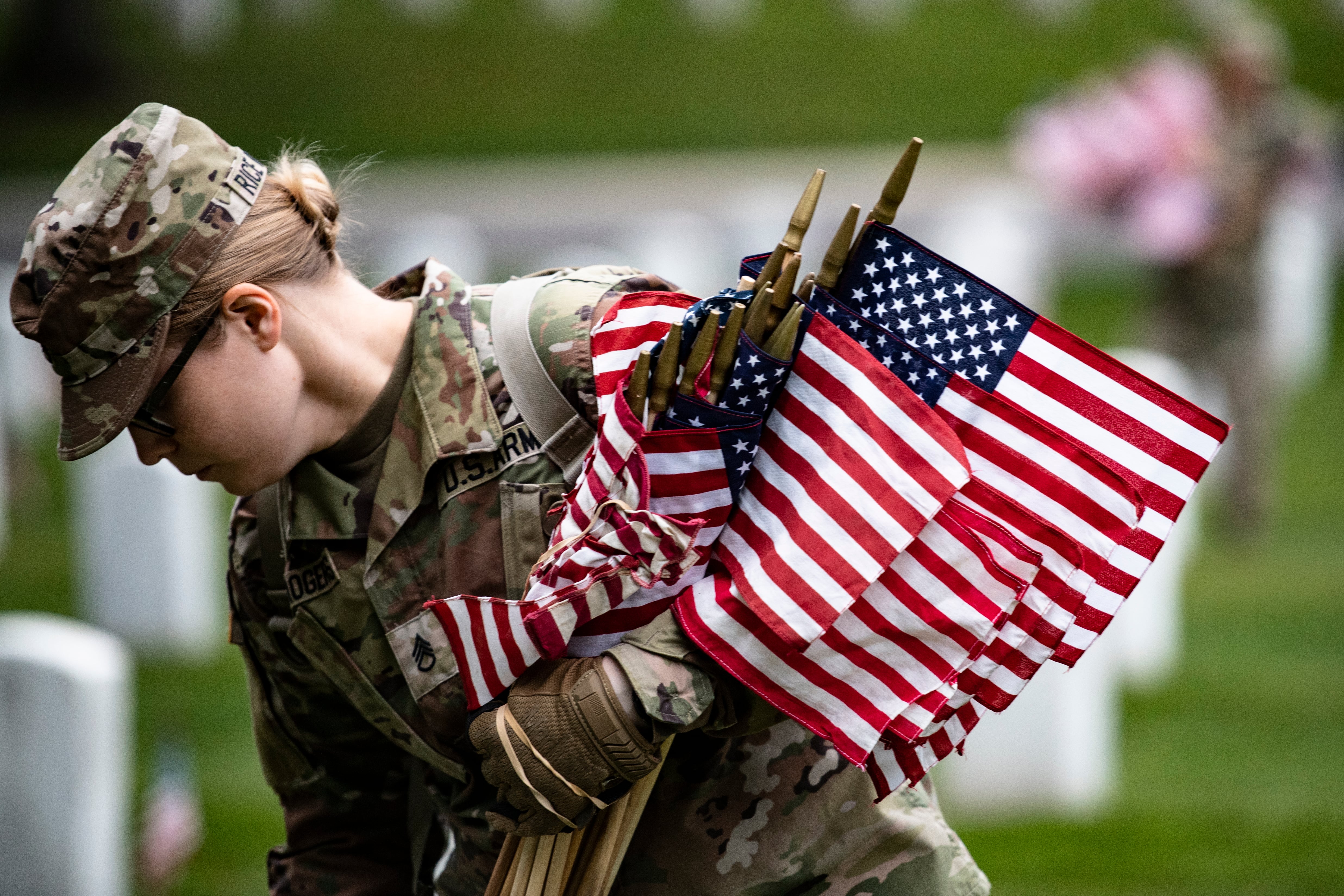Editor’s Note: If you or a loved one is experiencing thoughts of self-harm or suicide, you can confidentially seek assistance via the Military/Veterans Crisis Line by calling 988 and dialing 1, via text at 838255 or chat at http://VeteransCrisisLine.net. You don’t need to be a VA beneficiary to use the service.
After nearly three years of promises, the Army is still yet to deliver a long-awaited regulation to standardize how the service works to prevent and respond to suicide.
An Army spokesperson acknowledged the holdup in producing a dedicated suicide prevention regulation, saying in an email that the service is “working urgently but deliberately to complete this effort.“ Army Times reported previous delays, as well as how the service blocked public access to a report cited in an April 2022 story about the wait.
The most recent self-imposed deadline is the end of June, according to written testimony that the service’s top leaders gave to Congress in May.
This time, the delay is due in part to the Defense Department releasing the recommendations of the DoD’s Suicide Prevention and Response Independent Review Committee. The group released its report in February, and the delay is likely intended to align the Army’s guidance with the committee’s recommendations.
“[T]he Army is working with the Office of the Secretary of Defense to address recommendations that came out in the SPIRC report,” said Army spokesperson Bryce Dubee. “The Army is also refining its draft Suicide Prevention Regulation to both support our commanders and soldiers in the field.”
It’s unclear at this time whether the “refining” process will lead to another delay after years of blown deadlines.
The Army first declared in 2020 that it was writing a dedicated suicide prevention regulation. But then the bureaucratic delays mounted.
The regulation was initially scheduled for “publication in fall 2021,” according to a September 2021 “Stand-To!” message to the force.
Barely two months later, in November of 2021, a press release pushed the publication date to “the first quarter of 2022.”
After Army Times wrote about the delays in April 2022, a service spokesperson said the regulation would arrive sometime between July and September of that year.
Then that deadline came and passed, and an unsigned press release promised that it would arrive by the end of 2022.
And while the bureaucracy continues to spin its wheels, soldiers take to social media forums like Reddit to seek resources and guidance in the absence of overarching instructions that those regulations are supposed to provide.
Why does the Army need a suicide prevention regulation?
Regulations are how the Army officially “sets forth missions, responsibilities, and policies,” according to the regulation that defines Army regulations.
In layman’s terms, they’re how the service delegates authority for tasks, as well as how it ensures that the entire force complies with policies laid out by law or the Defense Department. Regulations are also an important tool for holding leaders accountable for their failures; falling short of one’s regulatory responsibilities can result in punishments ranging from reprimands to relief, or even criminal charges in egregious cases.
Absent a guiding regulation, the current presentation of the Army’s disparate suicide-related policies and resources could pose challenges for the junior leaders who are most likely to directly implement them. Such leaders often turn to regulations for answers on a daily basis.
The Army Resilience Directorate’s suicide prevention webpage has 12 different “leader toolkits,” a frequently asked questions section, a standalone Suicide Prevention Month “microsite,” and more.
The lack of guidelines can leave responsibilities unclear, sometimes with tragic results.
According to a recent Military.com investigation, a soldier assigned to the 1st Infantry Division died by suicide 30 days after surviving a previous attempt. The soldier’s supervision at the time of his death consisted of texting the word “up” to a staff sergeant once a day, the outlet reported.
While it’s difficult to determine whether clearer support responsibilities could have prevented that soldier’s death, their absence makes it more difficult to hold leaders who may have failed accountable.
Davis Winkie covers the Army for Military Times. He studied history at Vanderbilt and UNC-Chapel Hill, and served five years in the Army Guard. His investigations earned the Society of Professional Journalists' 2023 Sunshine Award and consecutive Military Reporters and Editors honors, among others. Davis was also a 2022 Livingston Awards finalist.




